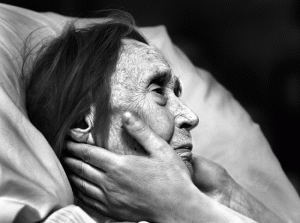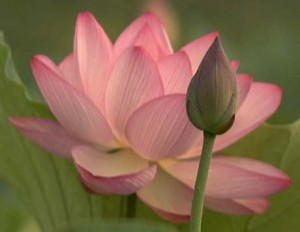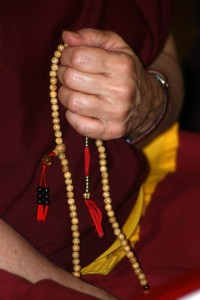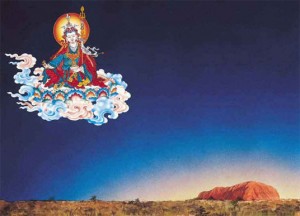This is an excerpt from A Vow of Love: Living an Extraordinary Life of Compassion
by Jetsunma Ahkon Lhamo
In a superficial way the idea of compassion can seem very simple, and we might make the mistake of thinking that we understand it. But if we study compassion deeply, eventually we will come to understand that the ultimate view of compassion is enlightenment itself. It is the natural, primordial wisdom state itself. That’s why compassion isn’t truly known until we reach supreme enlightenment.
Compassion is the foundation of the Buddhist path. Without it, like any house that does not have a firm foundation, the house will crumble. It will not stand. One’s motivation to practice must be compassion. If your motivation is not compassion, it will be very difficult to firmly stick to the commitment to practice and meditate every day. I feel for those who say, “I’d really like to practice. I would really like to have a time in my life everyday to meditate, and yet I don’t have the discipline. I don’t have the strength. I don’t have the commitment.” If you have the right motivation, if you want to do this solely and purely from the point of view of compassion, you will find the time and you will find the commitment and you will find a way to do it. For those who have tried to meditate everyday or be consistent in their practice, if they can’t do it, my feeling is somehow the foundation of compassion isn’t strong enough.
If we could make the idea of compassion so strong that it becomes a burning fire consuming our hearts, until we are nothing but a flame. If the need to benefit others becomes so strong that it’s irresistible. If the understanding that others are suffering so unbearably in realms that we cannot even see, let alone the realms we can, that we cannot rest until we find a way to be of some lasting benefit to them. If these things can truly become part of our minds, we will find the strength to practice.
How do you find the strength to breathe? “Well,” you say, “that’s easy. Breathing is a reflex. I have to breathe. If I don’t breathe, I die.” What if you could cultivate the understanding that all sentient beings are filled with suffering that is inconceivable in its magnitude and that there are non-physical realms of existence we are not even aware of, filled with suffering? What if you could cultivate this understanding so deeply that, because of your realization, compassion and profound generosity became as much a reflex as breathing? That is possible.
“Well,” you say, “I don’t have that kind of understanding. I’m just not like that. I can’t make myself really buy into that.” Let me comfort you with this awareness. Unless you are supremely enlightened you are not born with that perfect understanding. No one is. No one is born with enough understanding of the suffering of others, and an affinity with the idea of compassion, to create that perfect discipline naturally. That understanding comes only through its cultivation, and we must cultivate that understanding consistently every day.
Copyright © Jetsunma Ahkon Lhamo. All rights reserved









